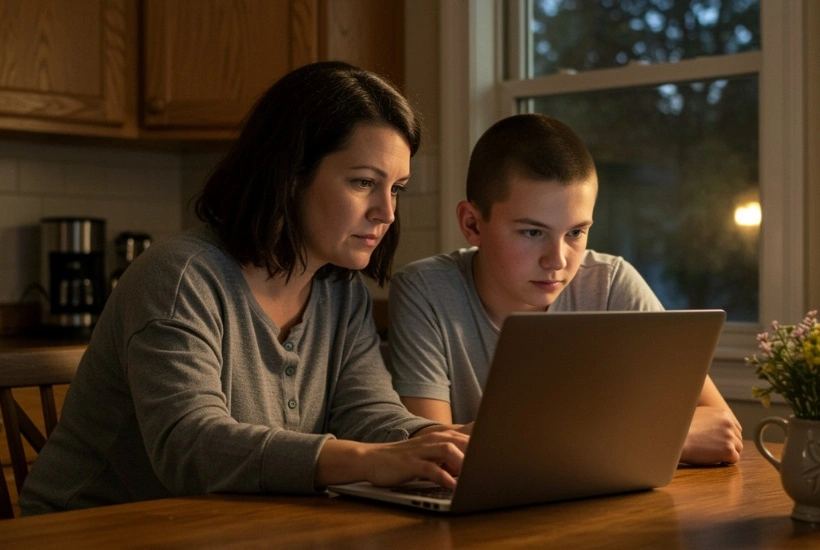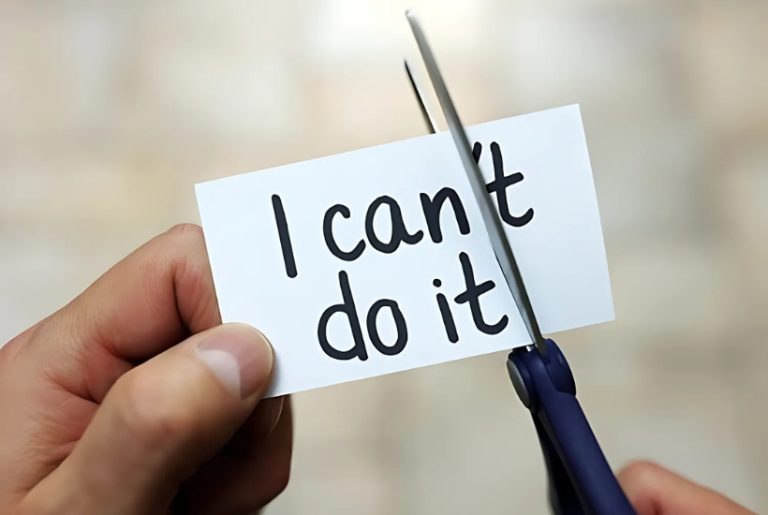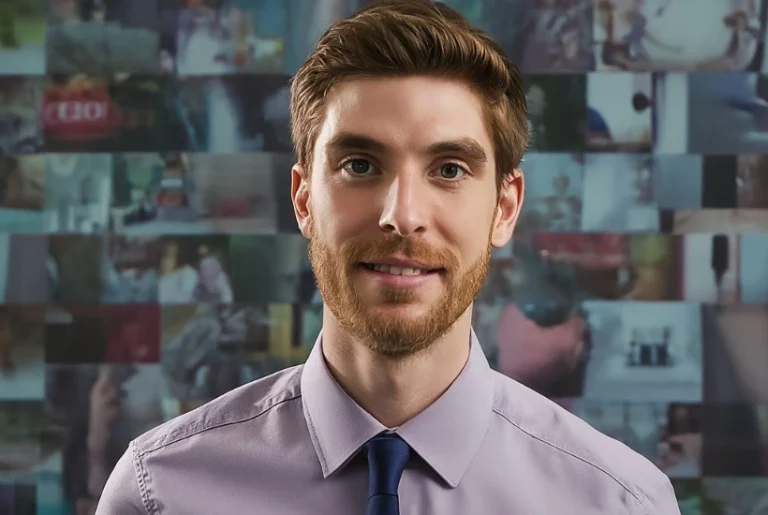Have you ever wondered about the way your children are forming their professional identity?It is a social chain reaction... Radical changes have taken place in every era, from traditional society to today's information age and the current economic-political crisis. These, as is sociologically expected, have forced adjustments in the role of the family. Thus, from the traditional 'nuclear' family, where parents, especially the father, are responsible for the care and socialisation of the children - something that used to be the responsibility of the extended family, grandparents, uncles and grandmothers who lived with or in the vicinity of the family - we are increasingly seeing the emergence of single-parent families. Also, modern family forms are 'reconstituted' families resulting from the union of two families after divorce or widowhood and 'split' families which are marital families that have broken up. The reason is not because the spouses do not wish to live together but because non-family reasons, usually socio-economic, have led them to do so. It is in this reality that adolescents develop and form their professional identity. So how is this influenced over time?
Often, in the Parent Groups I run, I am asked: 'Why are things so difficult today? Why is my child so reactive? Why doesn't he respect me like I used to respect my parents?" Or "My child has no goals, when will he finally grow up? I at his age knew exactly what I wanted to do...", "How will he find his professional identity?" These questions cannot be answered without taking into account the wider social context in which the family operates. Also, the historical reality within which the family as an institution and the parental role have been shaped and developed.
Often, in the Parent Groups I run, I am asked: 'Why are things so difficult today? Why is my child so reactive? Why doesn't he respect me like I used to respect my parents?" Or "My child has no goals, when will he finally grow up? I at his age knew exactly what I wanted to do...", "How will he find his professional identity?" These questions cannot be answered without taking into account the wider social context in which the family operates. Also, the historical reality within which the family as an institution and the parental role have been shaped and developed.
During the long period of the rural economy
Small closed communities with a common goal of survival and the main characteristic is the formation of cooperative relationships between individuals, common and enduring values, clear and unambiguous roles between the members of each family. The socialisation of the child is a matter for the whole community. The child gradually takes on tasks and contributes to the struggle for survival, learns through his/her actions, feels secure, but has limited choices. The young person does not have to seek his/her professional identity or conquer his/her place in the world. Everything is determined by the environment in which he/she was born and raised.
During the industrial revolution
Characterised by homelessness and migration, the community is fragmented and people operate with individual motives. The nuclear family is isolated and each member is employed in separate work thus gaining personal & economic independence. The social advancement of the members is sought as the family as a whole is promoted through the adaptation of the children to the new conditions of the society. To achieve these aims there is an over-concentration on the effort to educate the children, a pervasive anxiety and pressure for their performance in school, as the success of the children and of course the professional identity is closely intertwined with the promotion and psychological upliftment of the parents themselves.
And we arrive at the present, postmodern era
Where the economy is based entirely on information. The world is not characterized by stability but by change. Roles are no longer given, nor are values. The goal of society has changed and people are not only seeking survival but also well-being. The family has to socialise its children in a society full of contradictions. The modern parent can in very few cases give advice. He can only through his lifestyle be a positive role model for his children. This presupposes that he himself has the necessary personal and social skills, such as: recognising and managing emotions, communication, active listening, conflict resolution, crisis and problem management. If the Parent is constantly questioning/searching for his/her own professional identity, how will the child find his/her own?
Study you and your family and help your children!
...and don't forget
In the video "At what age do I choose a career?" you will meet Irini Andrioti and you will hear about the development of critical thinking which is the key to the ongoing choices/decisions that every Young person will be called upon to make in their life.
It's easy, follow your instinct and I'll be on your side.
Good luck!
Good luck!



